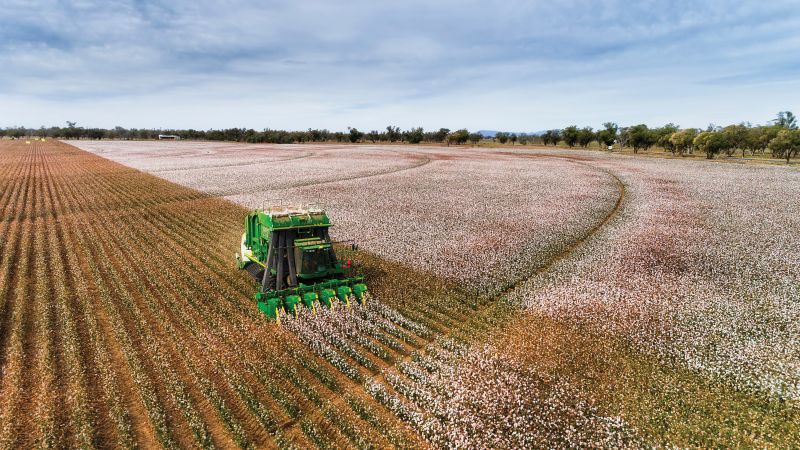Delta F.A.R.M. and Syngenta Partner for Pollinator Habitats in Northwest Mississippi
Syngenta and Delta F.A.R.M. (Farmers Advocating Resource Management) will partner to develop commercial farmland throughout Northwest Mississippi into pollinator habitats.
Syngenta’s Operation Pollinator is a global biodiversity program that restores native pollinators in a variety of landscapes by creating essential habitats. Delta F.A.R.M. has committed to establish at least five Operation Pollinator plots in 2014, with plans to grow the program annually through 2016 on more fields and farms.
The Mississippi sites will be the first commercial farmland in the country to establish Operation Pollinator plots.
Active in Europe for more than 10 years, Operation Pollinator has transitioned from a research program to commercial implementation with producers. In the U.S., research efforts have been underway in several key pollination-dependent states with the cooperation of several universities and more than 50 commercial golf courses.
Under the new agreement, Syngenta will support Delta F.A.R.M. with grower training, seed choice and agronomic support to selected local farmers in Northwest Mississippi. Delta F.A.R.M. also will assess the effectiveness of the additional foraging habitat and nesting sites on marginal land or nonproductive farm areas in an effort to enhance biodiversity, boost native bee numbers and promote sustainable agriculture practices.
“Our farmers know how vital bees are to agriculture and the environment,” says Patrick Johnson, Jr., chairman, Delta F.A.R.M., and partner, Cypress Brake Planting Company, Tunica, MS. “We look forward to collaborating with Syngenta to protect and maintain these pollinator habitats.”
With careful site planning and management, Operation Pollinator also can play a valuable role in reducing soil erosion and helping protect valuable water resources. In addition to restoring vital populations of pollinating insects, it also creates habitats for small mammals and farmland birds.
“This native-pollinator habitat restoration program is a natural fit with Delta F.A.R.M.’s ongoing conservation efforts,” says Jeff Peters, digital farming lead, Syngenta. “Our goal with Operation Pollinator is to showcase that agriculture and biodiversity can coexist. We understand the future of the environment and that the livelihood of producers is dependent on sustainable agriculture to meet the challenges that lie ahead.”
More information about Syngenta’s efforts to improve bee health can be found online.
Source – Syngenta









